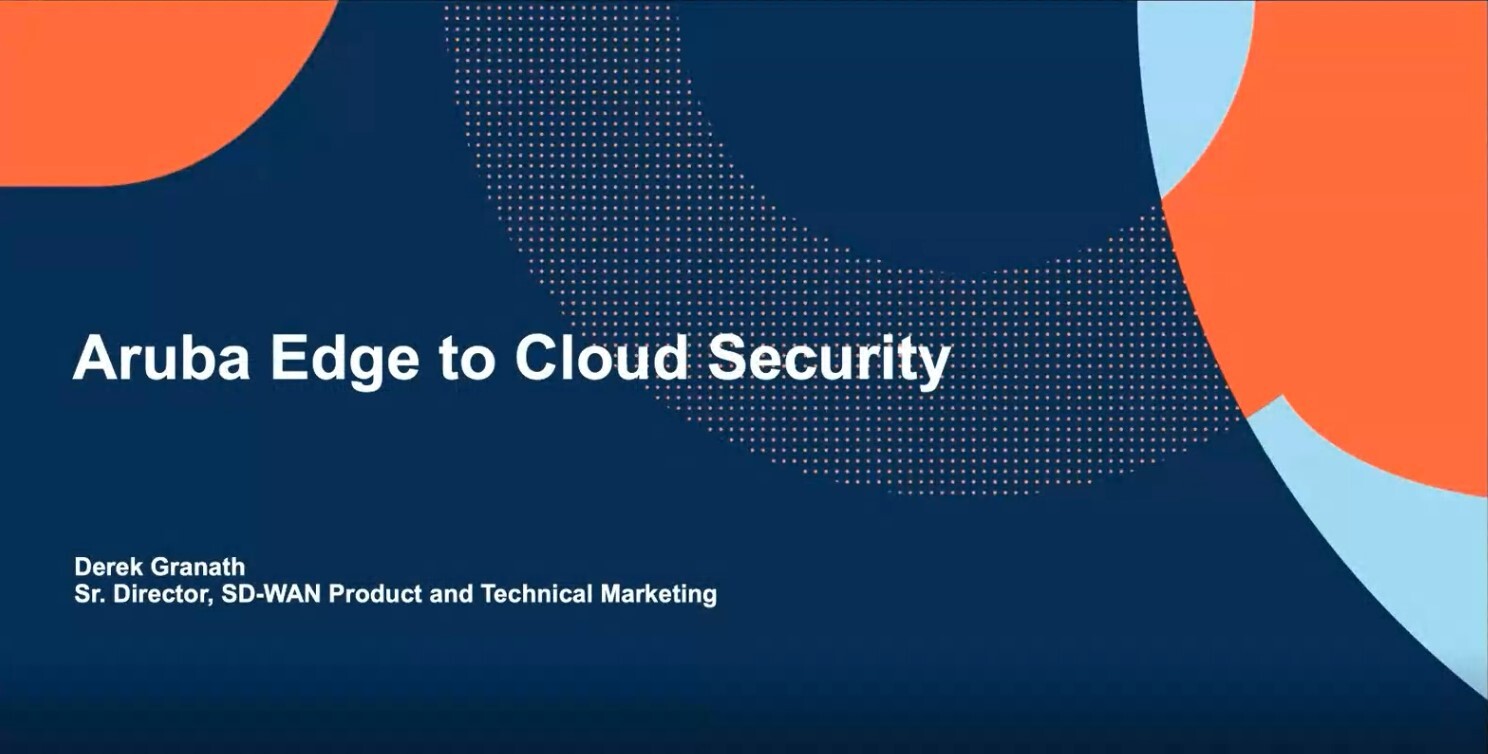Cryptomining criminals are focusing on the cloud
Trend Micro report reveals that cryptomining groups are fighting each other for access to victims' cloud servers


Sign up today and you will receive a free copy of our Future Focus 2025 report - the leading guidance on AI, cybersecurity and other IT challenges as per 700+ senior executives
You are now subscribed
Your newsletter sign-up was successful
Cloud-based cryptomining has evolved into a vibrant form of cyber crime, and a variety of attack groups are fighting each other for access to cloud accounts.
Cryptomining groups hack victims' cloud computing accounts, using their computing power to mine cryptocurrency, explained Trend Micro in its latest report. The research, called 'A Floating Battleground: Navigating the Landscape of Cloud-Based Cryptocurrency Mining', warned that victims stand to lose more than the cost of higher cloud computing bills.
Cryptomining attacks either use cloud GPU resources, which offer better mining performance, or compromise CPUs at scale, the report said. The latter requires compromising as many instances in a cloud account as they can to mine as much digital currency as possible.
Trend Micro ran XMRig, which mines the Monero cryptocurrency, on its own cloud instance and saw CPU usage jump from 13% to 100%. That would increase electricity costs from $20 to $130 per month, and running that on multiple instances would spike cloud bills considerably.
While some attack groups use cryptomining as their main source of income, others focus on selling on access to cloud accounts and only mine while they're waiting for a buyer. Groups will often fight each other for cloud resources, using kill scripts to wipe out each others' malware.
The report details several active cryptomining groups. The most active as of August 2021 was called 8220. Trend Micro detected a peak of 2,000 beacons to its servers in July last year, dropping to just over 1,000 the next month.
8220 had taken the top spot from Kinseng, another group which had dropped to around 500 beacons per month in August from 2,000 in January. These two groups often fight each other, ejecting each others' malware from target servers.
Sign up today and you will receive a free copy of our Future Focus 2025 report - the leading guidance on AI, cybersecurity and other IT challenges as per 700+ senior executives
Other groups include Outlaw, which consistently targets IoT devices and Linux servers, using brute-force SSH attacks. A rival, TeamTNT, has evolved its tactica quickly by exploiting software services, stealing AWS credentials and deploying root kits. This gang now appears inactive.
A cryptomining attack is a sign of poor cyber security that could render the victim open to more attacks, warned Trend Micro. Most attacks exploit outdated software. Cloud users should ensure that their systems are up to date and only running required services, it said.
RELATED RESOURCE

Edge-to-cloud security webinar
Safeguards your IoT devices that require Zero Trust
FREE DOWNLOAD
The report also identified API security as an issue, warning cloud customers not to expose APIs from products such as Docker and Kubernetes to the Internet. Keep them accessible to admins only, it added.
Other mitigating measures includes setting thresholds for metrics like CPU activity and allow lists for external connections.
Large cloud providers have acknowledged the cryptomining problem. Last month, Google added cryptomining protection to its cloud services after widespread infections.
Danny Bradbury has been a print journalist specialising in technology since 1989 and a freelance writer since 1994. He has written for national publications on both sides of the Atlantic and has won awards for his investigative cybersecurity journalism work and his arts and culture writing.
Danny writes about many different technology issues for audiences ranging from consumers through to software developers and CIOs. He also ghostwrites articles for many C-suite business executives in the technology sector and has worked as a presenter for multiple webinars and podcasts.
-
 Cyber experts issue warning over new phishing kit that proxies real login pages
Cyber experts issue warning over new phishing kit that proxies real login pagesNews The Starkiller package offers monthly framework updates and documentation, meaning no technical ability is needed
-
 Microsoft hails advances in glass data storage
Microsoft hails advances in glass data storageNews Project Silica uses lasers to encode data into borosilicate glass, where it stays stable for thousands of years
